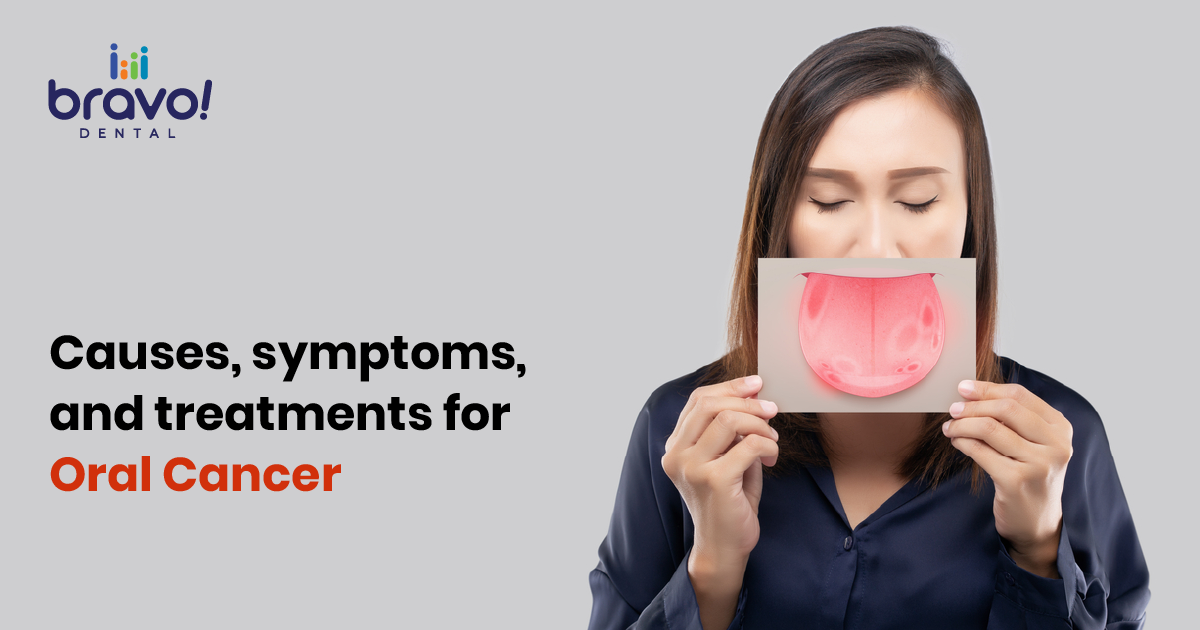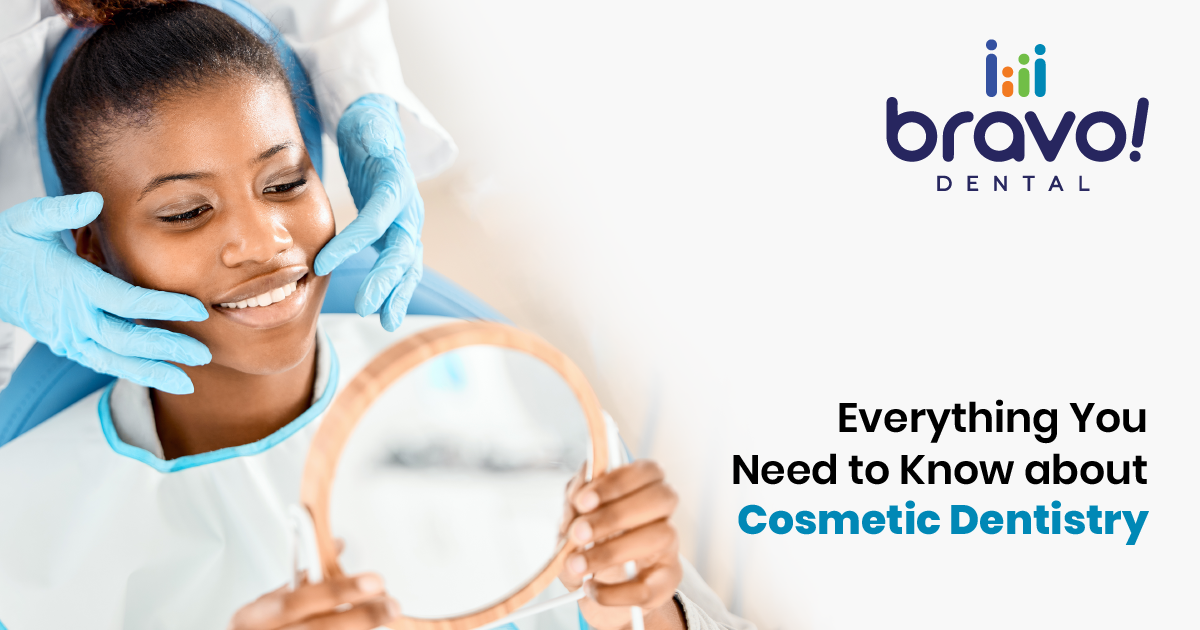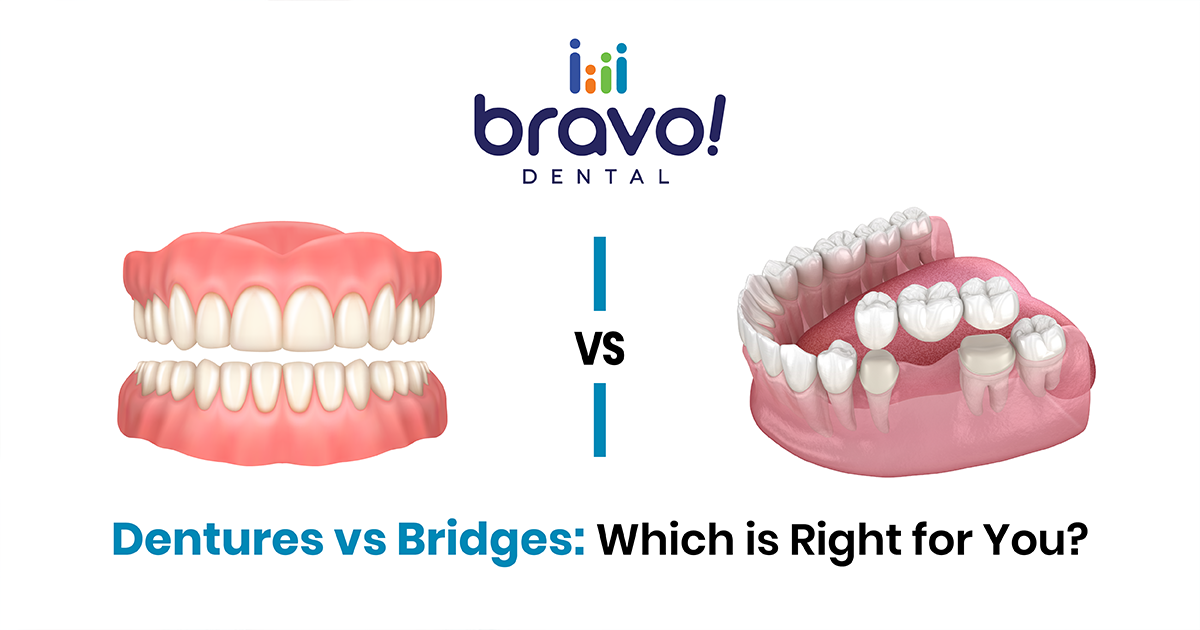
Mouth cancer or otherwise oral cavity cancer develops in oral surfaces like lips, gums, tongue, inner cheek lining, inner palate, or under the tongue. Mouth cancer is one of the numerous forms of cancer that make up the head and neck cancers category.
Oral cancer is relatively easier for doctors to treat if detected earlier. However, most patients are diagnosed when their ailment has progressed beyond the point where it can be adequately treated. 70% of oral cancers are detected only in the advanced stages (III or IV stages) says Forward Science. You’ll have a far higher chance of getting an early diagnosis if you see your dentist or doctor regularly and learn how to recognize abnormal changes.
Did you know: According to the American Cancer Society (ACS), males are more prone to mouth cancer than females.
Symptoms:
Oral cancer can have a number of symptoms that aren’t always obvious in the early stages.
- Mouth bleeding for no particular reason
- Unexplained numbness in any part of the face, mouth, or neck, lack of sensation, or pain/tenderness
- Sores that bleed readily and do not heal within two weeks on the face, neck, or mouth
- A throbbing sensation that something is stuck in the back of the neck
- Chewing, swallowing, speaking, or moving the jaw or tongue are difficult tasks
- Hoarseness, a persistent sore throat, or a change in voice
- Ear discomfort
- Your jaw may swell or hurt
- Misfit of your teeth or dentures
- Dramatic weight loss
- Mouth ulcers or sores that take prolonged healing
- Red, or red and white patches on the surface of the mouth or tongue
Causes:
Mouth cancer can be caused by a number of factors, including:
- Tobacco intake in any form, such as cigarettes, cigars, pipes, chewing tobacco, and snuff
- Excessive alcohol consumption
- Too much exposure of lips to sunlight
- Human papillomavirus – a sexually transmitted virus (HPV)
- Immune system dysfunction
Treatments:
Treatment will be determined by the following factors: cancer’s location, stage, and type; the individual’s overall wellness; and personal choices. According to cancer.net, the overall 5-year survival rate for all persons is 85 % if oral cancer diagnosed early.
Surgery: Surgery to remove the tumor and a margin of healthy tissue surrounding it may be recommended by a doctor. A portion of the tongue, the jawbone, and lymph nodes may be removed during surgery. Reconstructive surgery may be required if the operation severely alters the person’s appearance or ability to speak or eat.
Radiation therapy: Radiation treatment is effective against oral malignancies. This therapy damages the DNA inside tumor cells, using high-energy X-rays or radiation particles, potentially preventing them from reproducing. A dentist may suggest combining it with additional therapies to lower the chances of the disease growing or reoccurring.
Chemotherapy: A doctor may consider combining chemotherapy and radiation therapy if the cancer is extensive. This treatment involves the use of potent drugs that cause cancer cells’ DNA to be damaged. The medications stop the cells from reproducing and spreading.
Oral cancer could affect 9,750 lives this year owing to late oral cancer detection predicts Oral Cancer Foundation. Make an appointment with us right away if you’re experiencing any persistent indications or symptoms that have been bothering you for more than two weeks. Even if otherwise, give us a visit at Bravo Dental, and our experts can improve your chances of successful treatment, and help put your mind at ease.
happy to hear from you, contact us
Fill out the contact form below and Feel free to send any question or query.




